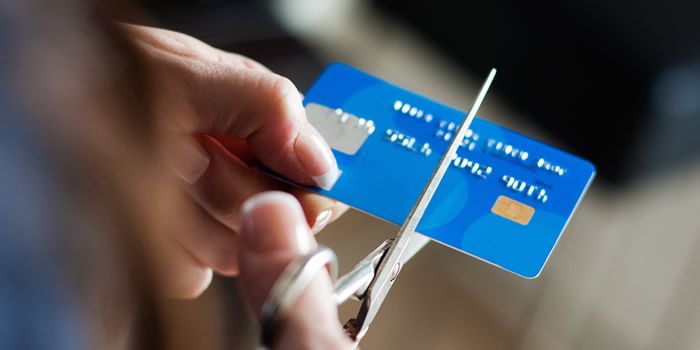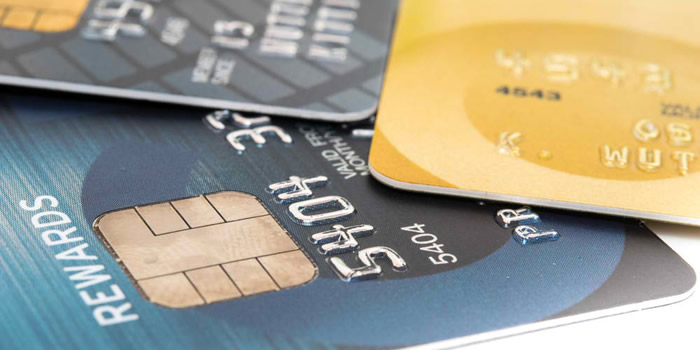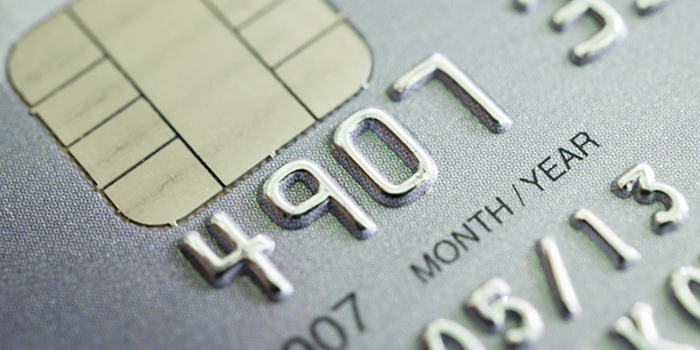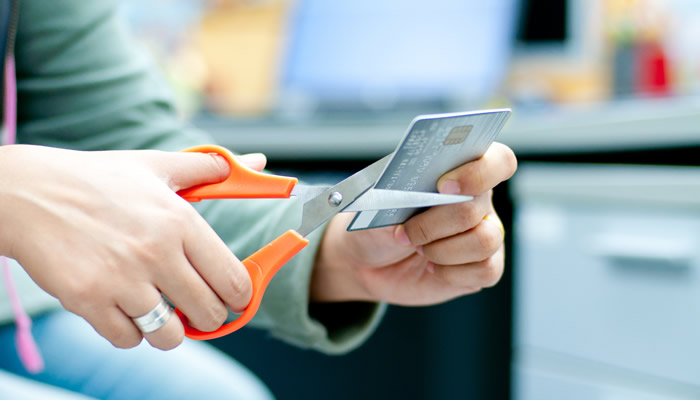
There have been many predictions about the future made over the years. (If you’re looking for bold predictions, just watch the cult classic movie, Back to the Future: Part II – I’m still waiting for my flying car!)
One of the predictions that may actually come true in our lifetime is the end of credit cards as we know them. For years, the plastic in our wallet has been the standard form of payment, but that’s rapidly changing. It’s not being replaced by cash. No, it’s being replaced by a new system that involves the transfer of money virtually using our smartphones and other smart devices.
The Rise of Alternative Payment Methods
When’s the last time you paid for something in cash? If you’re anything like me, you’ll have to think long and hard. Peer-to-peer transactions are overtaking cash and credit as the preferred method of exchanging money. Just look to PayPal as an example. It has an impressive 218 million active accounts worldwide.
Why are consumers and retailers ditching credit for peer-to-peer transacting? For a couple reasons. Peer-to-peer is not only secure, it eliminates the high transaction fees that come with credit cards. PayPal and other peer-to-peer services offer an easy way to exchange money between family, friends and businesses.
Then there are the cryptocurrencies. Cryptocurrency has taken the world by storm. 2017 was the year of Bitcoin. You’ll be hard-pressed to go online and read the news and not read a story about Bitcoin. People can’t get enough of it. Bitcoin went from being a fringe currency to going mainstream in a matter of years.
Bitcoin is similar to credit cards in some ways. With this digital currency, you can make and receive payments. But unlike credit cards, there’s a low transaction fee and you don’t have to pay sales tax (look for that to change in the near future). On top of that, Bitcoin users keep their anonymity.
A popular online retailer is even getting into the alternative payment space. Last year Amazon announced a new way for its customers to pay: Amazon Cash. When you present an Amazon bar code at participating stores, you can fill up your Amazon Balance, all without the use of a credit card.
Why are We Ditching Credit Cards?
Consumers and retailers seem to be ditching credit cards for different reasons. Consumers are ditching them for convenience – to have one less thing to carry in our wallets. Retailers are ditching them mainly for cost savings, to save on interchange fees.
While the transaction fees for credit cards may be higher than most alternative payment methods, credit cards offer some distinct advantages. Credit cards are a secure way to pay for goods and services. Run into a dispute with a retailer for services not rendered? If you paid in cash, you’re out of luck. But with credit cards, you can dispute a payment.
While alternative payment methods like Amazon Cash are cool, good luck walking into a retailer in your city or town and paying for something in a digital currency. While you may be able to in a tech hub city like Seattle, you won’t have such an easy time doing so in cities or towns across Canada.
Then there’s impulse purchases. If you think it’s hard to control your spending now, think how hard it will be to do so when making a purchase is as easy as swiping left on your smartphone. At least with credit cards, you can put your wallet in the other room, so you actually have to think about making a purchase instead of making one on the spot.
The Bottom Line
For these reasons and others, I don’t think credit cards are going anywhere anytime soon. But it’s certainly an industry that’s ripe for disruptions. Credit cards really need to bring their A-game if they hope to avoid being disrupted. Lower interchange fees would be a good first start. If the interchange fees on credit cards were comparable to digital currency, it would certainly help slow the flow of people away from credit cards.




